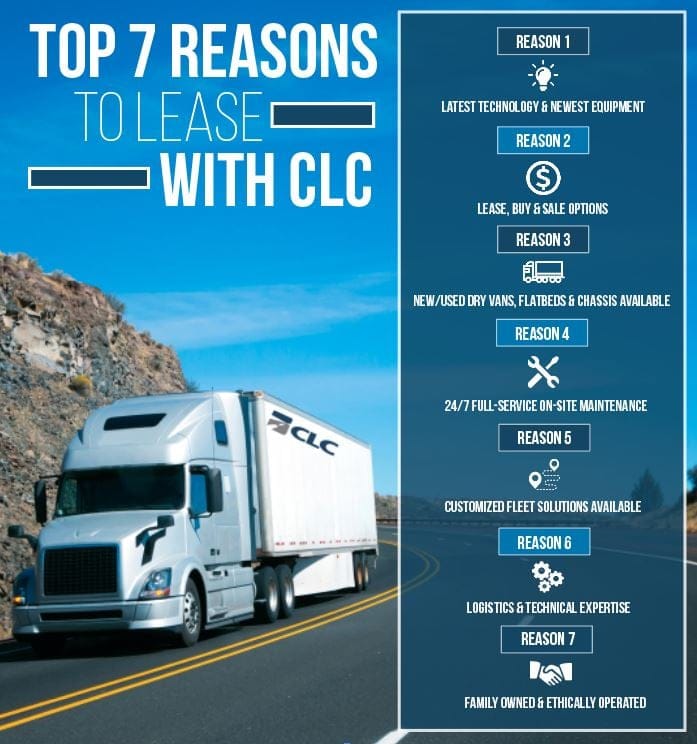
Refrigerated trailers, commonly known as reefer trailers, are essential in transporting temperature-sensitive goods. These specialized trailers maintain controlled environments, ensuring that perishable items reach their destinations in optimal condition.
Key Benefits of Refrigerated Trailers
- Temperature Control: Refrigerated trailers can maintain a consistent temperature, which is critical for preserving food and pharmaceuticals.
- Flexibility: With various leasing options available, businesses can scale their fleet according to seasonal demands.
- Cost-Effectiveness: Leasing a refrigerated trailer eliminates the upfront costs associated with purchasing and maintenance.
- Versatility: These trailers can transport a wide range of goods, from fresh produce to frozen products, making them suitable for various industries.
Applications of Refrigerated Trailers
Refrigerated trailers are widely used in several sectors, each with unique requirements:
- Food and Beverage Industry: Ensuring freshness and safety of products during transport.
- Pharmaceuticals: Meeting strict regulations for temperature-sensitive medications.
- Floral Transport: Keeping flowers and plants fresh during long-distance shipping.
Choosing the Right Leasing Option
When considering Refrigerated Trailer Leasing, it’s crucial to evaluate your specific needs:
- Duration: Determine how long you need the trailer—short-term or long-term leasing may be more beneficial.
- Size and Capacity: Choose a trailer that meets your cargo requirements without being oversized, which can lead to unnecessary costs.
- Maintenance and Support: Look for leasing companies that offer comprehensive maintenance support, ensuring your operations run smoothly.
The Future of Refrigerated Trailers
As technology advances, refrigerated trailers are becoming more efficient, incorporating features like GPS tracking and advanced temperature controls. This evolution not only enhances operational efficiency but also contributes to sustainability efforts in the transport industry.

